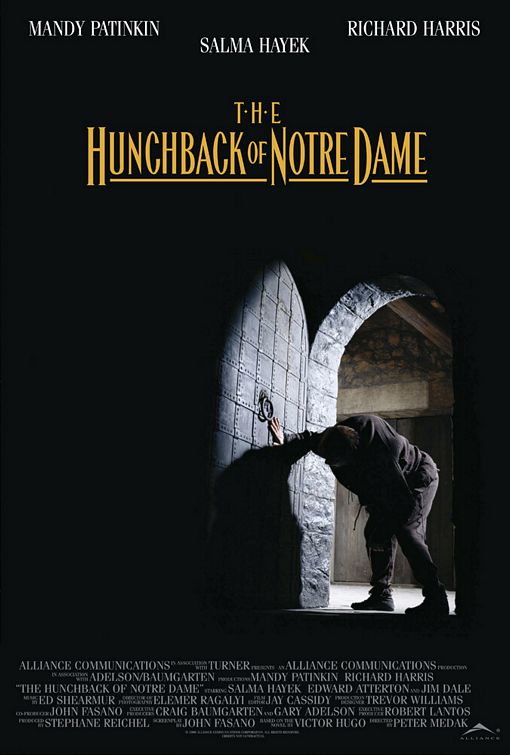 Image taken from Hunger Games Wiki.
Image taken from Hunger Games Wiki.The second installment in the Hunger Games trilogy was just as interesting as the first installment. Without giving too much away for those who have not read the first book, Katniss and her friend Peeta are the two survivors of the Hunger Games, something which the Capitol sees as a form of rebellion (there can only be one winner, and the actions they took in the first book led them both to victory). Because of the stunt they pulled, the President of the Capitol is determined to make Katniss' life a living hell. And what better way to make the make life hell for the person who you see as a threat to your rule by arranging to send them BACK into the Hunger Games the following year!
Yes, Peeta and Katniss are sent back into the Games - into a new arena, with new weather conditions, and contesting against other previous victors from the other districts.
Meanwhile, there are others in the various districts who have taken inspiration in Peeta's and Katniss' defiance from the previous year's games and have started uprisings, which the Capitol is truly annoyed about. There is also talk of the mysterious District 13, who was supposedly wiped out by the Capitol for their defiance, but who could possibly still have survivors living underground. In short, the book is just as suspenseful as the first installment.
I'm afraid I might give away too much again, just suffices to say that it is indeed another good book.
Will be starting on the final installment shortly...

